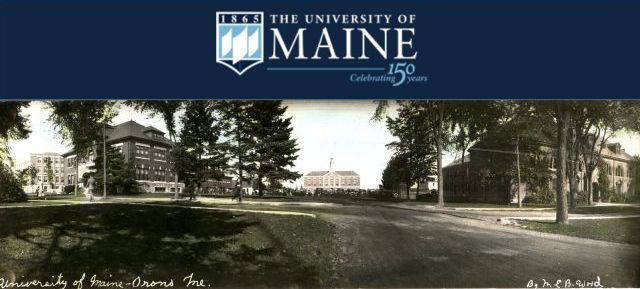
General University of Maine Publications
Document Type
Newsletter
Publication Date
Summer 2020
Abstract/ Summary
NSF EPSCoR-Funded Research and Activities across the state have proven themselves to be resilient and impactful amidst challenges associated with the COVID-19 pandemic and its subsequent restrictions.
Since our last published update, Maine EPSCoR successfully completed the Year 5 No Cost Extension (NCE) report for the previous Track-1 award, the Sustainable Ecological Aquaculture Network (SEANET), thus closing out the research grant that has acted as a catalyst for cutting-edge sustainable aquaculture research in the state of Maine. During the NCE, SEANET supported 12 faculty participants, 23 graduate students, and 50 undergraduate students, created 27 publications, and saw $10,699,228 in awarded follow-on grant proposals.
Understanding the influence of climate change on the Gulf of Maine was an important focus for the work conducted during the No Cost Extension. Researchers examined the role of the Western Maine Coastal Current subduction under the Eastern Maine Coastal Current in creating an acidified zone at the mouths of estuaries along the state’s mid-coast. Maine’s marine resource economy depends on shell-forming organisms for over 90% of its revenue, so the identification of susceptible areas along the coast is an important first step in preparing for a more acidic Gulf of Maine.
Repository Citation
Maine EPSCoR, "Maine EPSCoR Summer 2020 Newsletter" (2020). General University of Maine Publications. 1653.
https://digitalcommons.library.umaine.edu/univ_publications/1653
Version
publisher's version of the published document
Rights and Access Note
This Item is protected by copyright and/or related rights. You are free to use this Item in any way that is permitted by the copyright and related rights legislation that applies to your use. In addition, no permission is required from the rights-holder(s) for non-commercial uses. For other uses, you need to obtain permission from the rights-holder(s). For more information, contact Special Collections.
Included in
Higher Education Commons, History Commons, Marine Biology Commons


